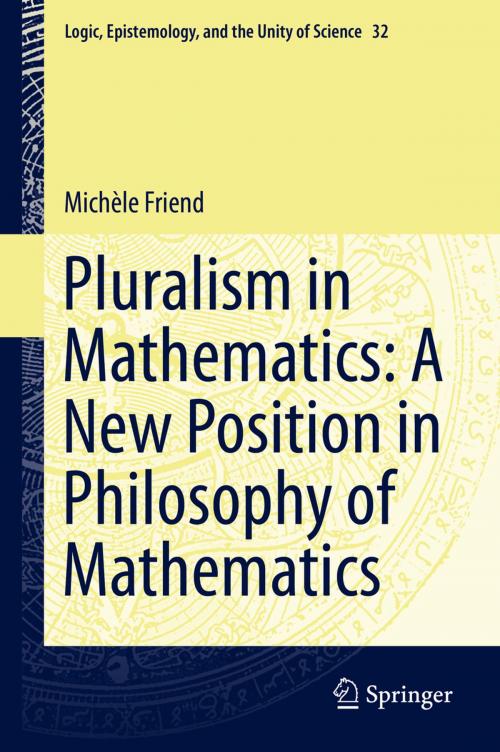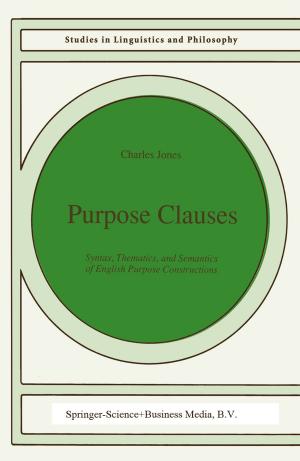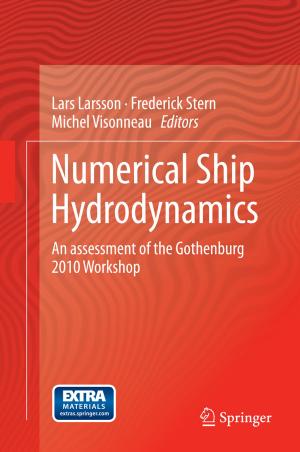Pluralism in Mathematics: A New Position in Philosophy of Mathematics
Nonfiction, Science & Nature, Mathematics, Logic, Science, Other Sciences, Philosophy & Social Aspects| Author: | Michèle Friend | ISBN: | 9789400770584 |
| Publisher: | Springer Netherlands | Publication: | November 20, 2013 |
| Imprint: | Springer | Language: | English |
| Author: | Michèle Friend |
| ISBN: | 9789400770584 |
| Publisher: | Springer Netherlands |
| Publication: | November 20, 2013 |
| Imprint: | Springer |
| Language: | English |
This book is about philosophy, mathematics and logic, giving a philosophical account of Pluralism which is a family of positions in the philosophy of mathematics. There are four parts to this book, beginning with a look at motivations for Pluralism by way of Realism, Maddy’s Naturalism, Shapiro’s Structuralism and Formalism.
In the second part of this book the author covers: the philosophical presentation of Pluralism; using a formal theory of logic metaphorically; rigour and proof for the Pluralist; and mathematical fixtures. In the third part the author goes on to focus on the transcendental presentation of Pluralism, and in part four looks at applications of Pluralism, such as a Pluralist approach to proof in mathematics and how Pluralism works in regard to together-inconsistent philosophies of mathematics. The book finishes with suggestions for further Pluralist enquiry.
In this work the author takes a deeply radical approach in developing a new position that will either convert readers, or act as a strong warning to treat the word ‘pluralism’ with care.
This book is about philosophy, mathematics and logic, giving a philosophical account of Pluralism which is a family of positions in the philosophy of mathematics. There are four parts to this book, beginning with a look at motivations for Pluralism by way of Realism, Maddy’s Naturalism, Shapiro’s Structuralism and Formalism.
In the second part of this book the author covers: the philosophical presentation of Pluralism; using a formal theory of logic metaphorically; rigour and proof for the Pluralist; and mathematical fixtures. In the third part the author goes on to focus on the transcendental presentation of Pluralism, and in part four looks at applications of Pluralism, such as a Pluralist approach to proof in mathematics and how Pluralism works in regard to together-inconsistent philosophies of mathematics. The book finishes with suggestions for further Pluralist enquiry.
In this work the author takes a deeply radical approach in developing a new position that will either convert readers, or act as a strong warning to treat the word ‘pluralism’ with care.















